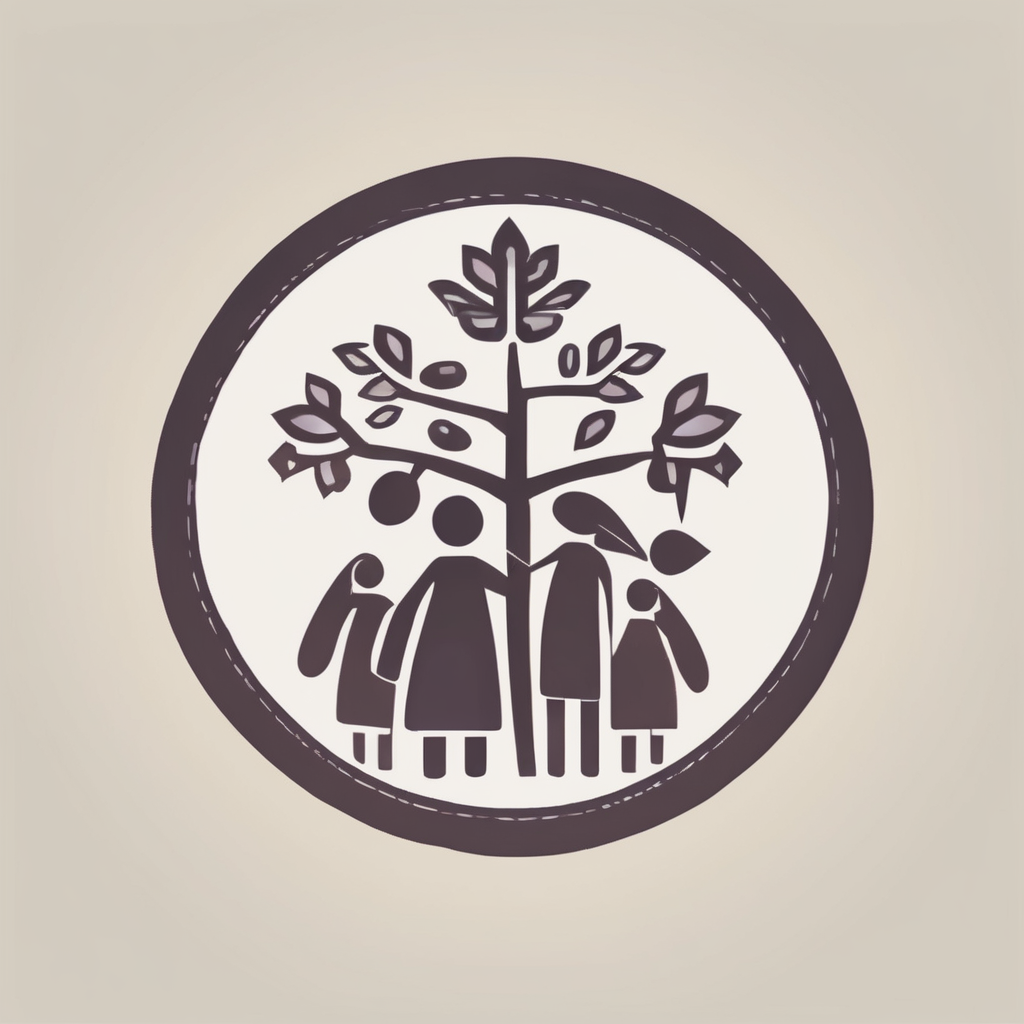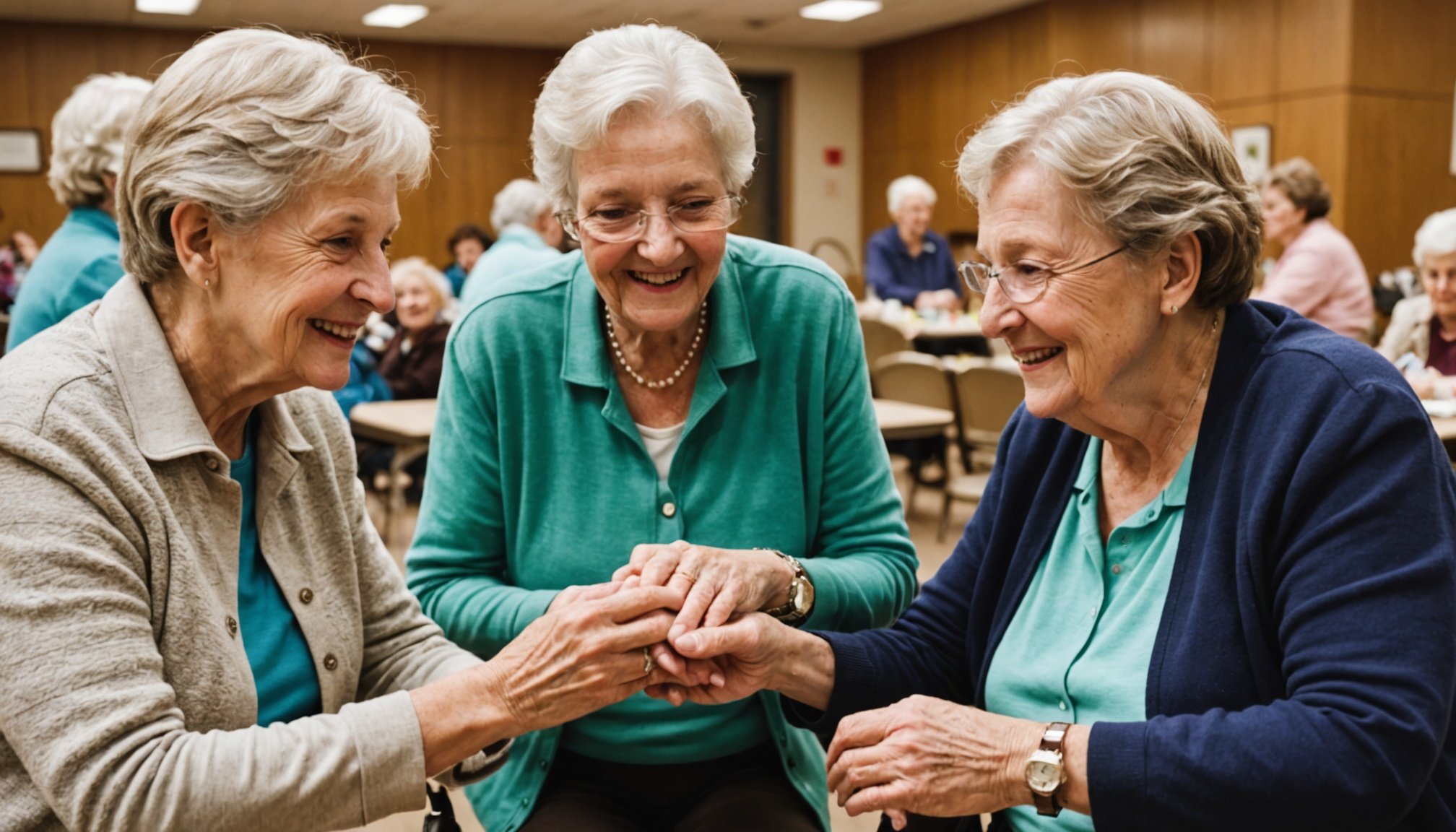Understanding the Importance of Social Connections for Seniors
Social connections are crucial for seniors, significantly affecting their mental health and well-being. As people age, maintaining these bonds becomes not only a source of joy but also a lifeline that supports cognitive function and emotional balance. It provides a sense of belonging and purpose, which is essential for psychological health.
Loneliness among seniors can have severe effects. It often leads to increased feelings of depression and anxiety, which further deteriorates their mental state. Chronic loneliness can even boost the risk of cognitive decline and illnesses like heart disease. That illustrates why fostering community engagement and relationships is vital.
Also to read : Top Strategies for Seniors to Design a Safe and Fall-Resistant Living Space
- Community engagement: Being actively involved in communal activities promotes a sense of inclusion and combats the isolation many seniors feel.
- Mental health benefits: Engaging with peers helps mitigate stress and develop optimistic perspectives, enhancing overall life satisfaction.
Strong social ties are invaluable as they extend beyond companionship. They enrich seniors’ quality of life, providing crucial support during challenging times either emotionally or practically. Senior individuals who build and maintain robust social networks generally experience better health outcomes and live more fulfilled lives. Therefore, investing in fostering these connections is imperative to ensure a thriving elder community.
Identifying Local Community Programs
Navigating the myriad of local community programs available for seniors can be a rewarding endeavor. These programs offer a wide array of resources designed to support and enrich the lives of older adults. Typically, they include social activities, meals, exercise classes, and more specialized services like transportation or healthcare guidance. Understanding what is available can make a significant difference.
Have you seen this : Empowering Seniors 85+: Unlocking the Benefits of Smartphones for Daily Living Enhancement
When looking for these resources, the first step is tapping into existing senior services networks. Libraries, community centers, and even local government websites often have comprehensive lists of programs. Don’t hesitate to ask around at senior centers, as they are not only hubs of activity but also excellent sources of information about what’s happening locally.
Furthermore, community organizations play a crucial role in facilitating these services. They often provide meeting spaces, volunteer coordination, and program funding. Engaging with these groups can lead to discovering new and diverse opportunities for connection and growth.
To find relevant programs, consider utilizing online directories or social media platforms focused on senior services. Remember, each community has its unique offerings, so exploring multiple sources will ensure a thorough understanding of what is available. Always keep exploring; the benefits can lead to improved well-being and an enhanced sense of community for seniors.
Ways to Get Involved in Community Activities
Engaging in community activities offers numerous benefits, especially for seniors seeking enriching experiences. One effective avenue is through volunteering. By offering their time and skills, seniors can make impactful contributions to local organisations. This could range from helping at libraries to participating in community clean-ups. Such activities not only provide a sense of purpose but also foster connections with others.
Another excellent opportunity lies in joining social clubs and interest groups. These clubs cater to various hobbies and facilitate gatherings where individuals can share experiences and form meaningful relationships. Whether it’s a book club, gardening group, or dance class, these settings nurture social interaction and camaraderie.
However, involvement in community activities can pose certain challenges. Overcoming barriers, such as transportation or mobility issues, is crucial to ensure full participation. It’s important to explore local resources that offer transportation assistance or organise events in accessible venues. Additionally, reaching out to friends or family for support can make it easier to attend activities.
Ultimately, participating in community activities not only enhances quality of life but also reinforces a sense of belonging. By exploring diverse options, seniors can find the perfect fit that aligns with their interests and abilities, paving the way for a socially enriching lifestyle.
Building Meaningful Relationships Through Programs
By engaging in specially designed programs, individuals can effectively foster friendships and cultivate long-lasting connections. Community interactions play a vital role in building relationships. They provide numerous opportunities for individuals to meet and bond over shared interests or activities. For example, participating in local workshops or classes can unite people who enjoy similar hobbies, thereby creating natural openings for developing personal connections.
Moreover, the act of sharing experiences with peers holds immense value. Engaging with others who have similar life experiences or challenges can deepen relationships, as individuals can empathize and offer meaningful support. This mutual understanding often leads to the establishment of support networks that are both reliable and comforting.
A crucial aspect of building relationships is the creation of supportive networks among seniors. These networks not only offer companionship but also act as a valuable source of advice and assistance. Many programs tailor activities that promote peer connections specifically for seniors, enabling them to share valuable insights and strengthen these ties. By investing time in such engagements, seniors can enhance their social life, thereby significantly improving their overall well-being. Through these various programs, individuals are equipped with the resources and environments necessary to nurture authentic, supportive bonds.
Success Stories: Inspiration from Seniors Who Connected
In a world that often seems vast and disconnected, the success stories of seniors who have found new connections are both heartwarming and motivating. These testimonials highlight the power and community impact of programs designed to foster social ties. Through shared experiences, these stories offer a beacon of hope to those longing for companionship.
Take, for instance, Alice, a 77-year-old who rediscovered her love for painting through a local art class for seniors. Her testimonial reveals how this community program not only reignited her passion but also helped forge lasting friendships with fellow art enthusiasts. This encourages others to see the transformative power of simply stepping into such nurturing environments.
Furthermore, John’s story exemplifies the profound impact of community engagement. Previously feeling isolated after losing his spouse, John’s involvement in neighborhood gardening projects brought back a sense of purpose and connection. These real-life examples underscore the importance of building relationships and remind readers that they are never too late to form meaningful bonds.
Such testimonials serve as vital encouragement for other seniors. Embracing opportunities to engage can lead to purposeful life changes and remind us all of the innate human need for connection.
Resources for Ongoing Support and Engagement
For seniors looking to stay engaged and build lasting connections, a wealth of support resources exists to assist. Community networks are essential in maintaining friendships and social ties, providing opportunities for continual interaction and engagement.
One effective approach is joining local senior clubs or organisations, which often host activities and events. These groups serve both as a social hub and a platform for shared interests, whether it’s art, music, or fitness. Online resources, such as forums and virtual meetups, also offer accessible venues for ongoing engagement.
Social media platforms can be another tool for connecting with family and friends, bridging geographical distances. By using these networks, seniors can participate in group chats or video calls, sustaining relationships despite physical barriers.
Additionally, many organisations offer specialised support for those who might require extra assistance. Services like counselling and community services can be invaluable for those feeling isolated. It is crucial to take advantage of these support resources to ensure effective ongoing engagement and foster vibrant social lives. Engaging with these resources can significantly combat loneliness and enrich everyday experiences.
Remember, staying proactive in seeking out and utilising these resources can greatly enhance one’s social well-being.











